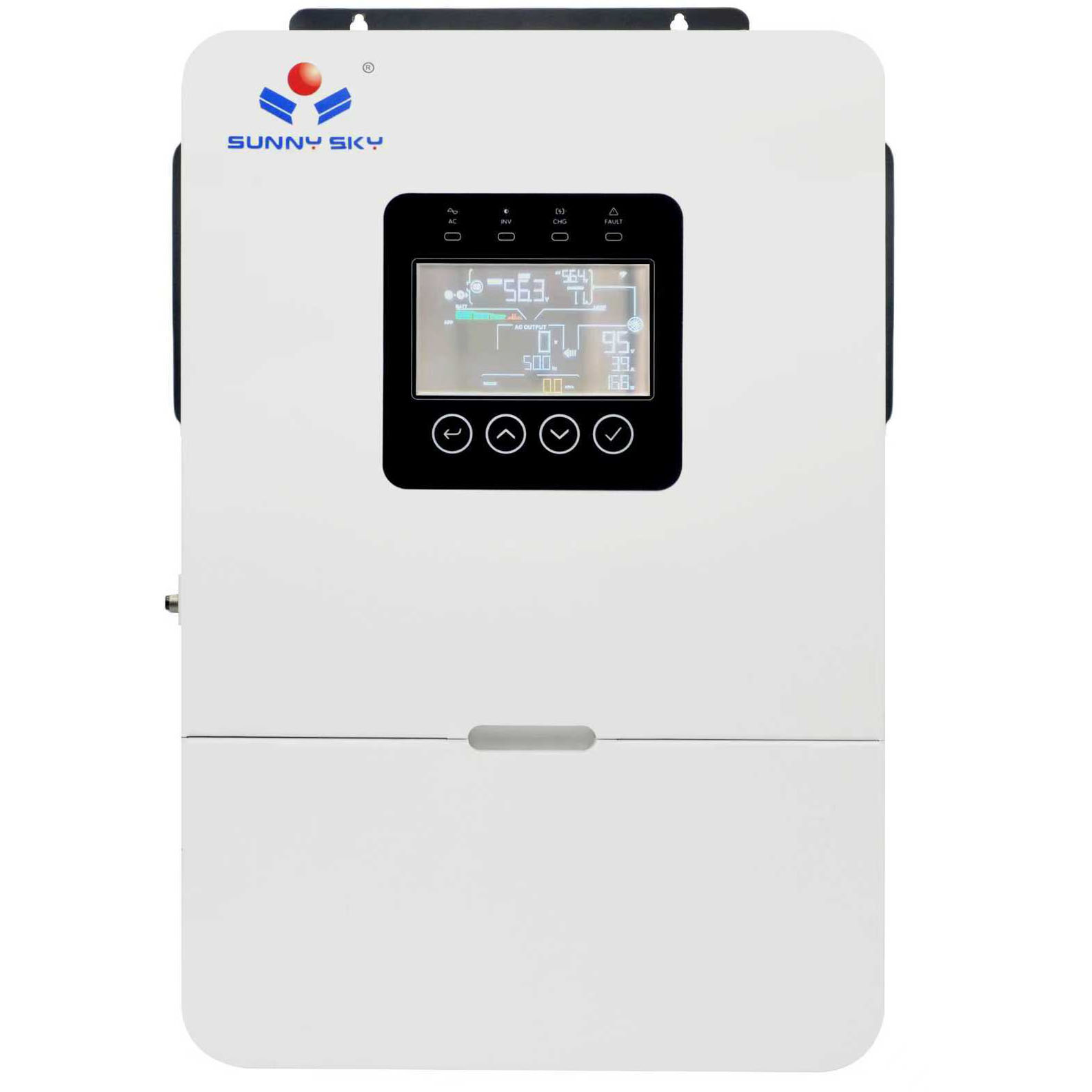
Understanding the Problems in Solar Charging
One of the primary issues with conventional solar charge controllers is their inability to track the maximum power point of solar panels, resulting in lower energy yields and potential damage to batteries due to overcharging or undercharging. For instance, solar battery charger systems without advanced features might not handle different battery voltages effectively, leading to reduced lifespan for energy storage systems. Additionally, charging controllers that lack smart capabilities can fail to monitor real-time data, leaving users unaware of faults or inefficiencies in their solar panel technology. This not only wastes resources but also increases maintenance needs, as users deal with suboptimal solar power technology that doesn't adapt to environmental changes.
Solutions with Advanced MPPT Technology
The MPPT Solar Charge Controller offers a reliable solution to these problems by utilizing Maximum Power Point Tracking technology to optimize energy harvest from solar panels, ensuring maximum efficiency even in variable conditions. For example, models like the TYC-40IR and TYC-60IR can handle input solar power up to 2270W and 3400W respectively, adapting to voltages from 18V to 170V, which makes them ideal for solar charge regulator setups across different scales. This smart solar controllers technology intelligently adjusts to the best charging point, minimizing energy loss and extending the life of solar battery charger components. By providing real-time data through an LED display, users can monitor battery types, charge voltages, and system faults, turning solar energy controller systems into efficient, user-friendly solutions that prevent overcharging and enhance overall performance.
Benefits and Real-World Applications
Beyond solving immediate efficiency issues, the MPPT Solar Charge Controller brings long-term benefits such as cost savings and versatility in energy storage systems. These controllers support various battery types, including lead-acid and lithium, and work with voltages like 12V to 48V, making them suitable for both residential and commercial solar panel technology applications. For larger setups, the TYC-80IR and TYC-120IR models manage up to 6800W, ensuring robust solar power technology that scales with growing energy needs. Users can also leverage features like remote monitoring via 4G or WiFi, allowing for easy management and troubleshooting, which reduces downtime and promotes sustainable living. By integrating these charging controllers into your system, you not only address inefficiencies but also pave the way for a greener future, making solar energy more accessible and reliable for everyone.


